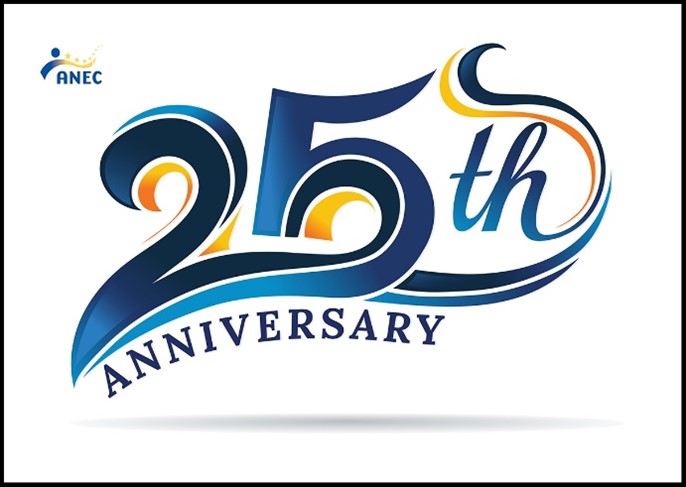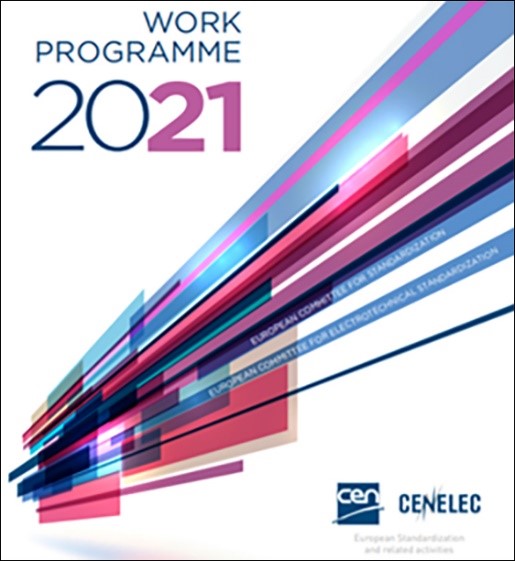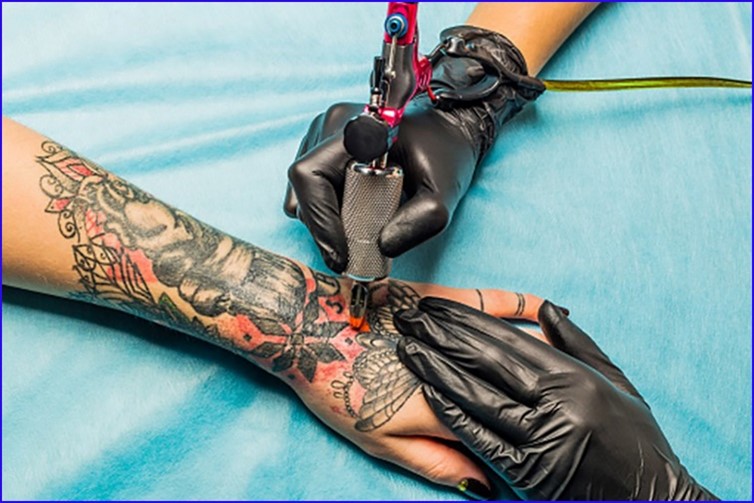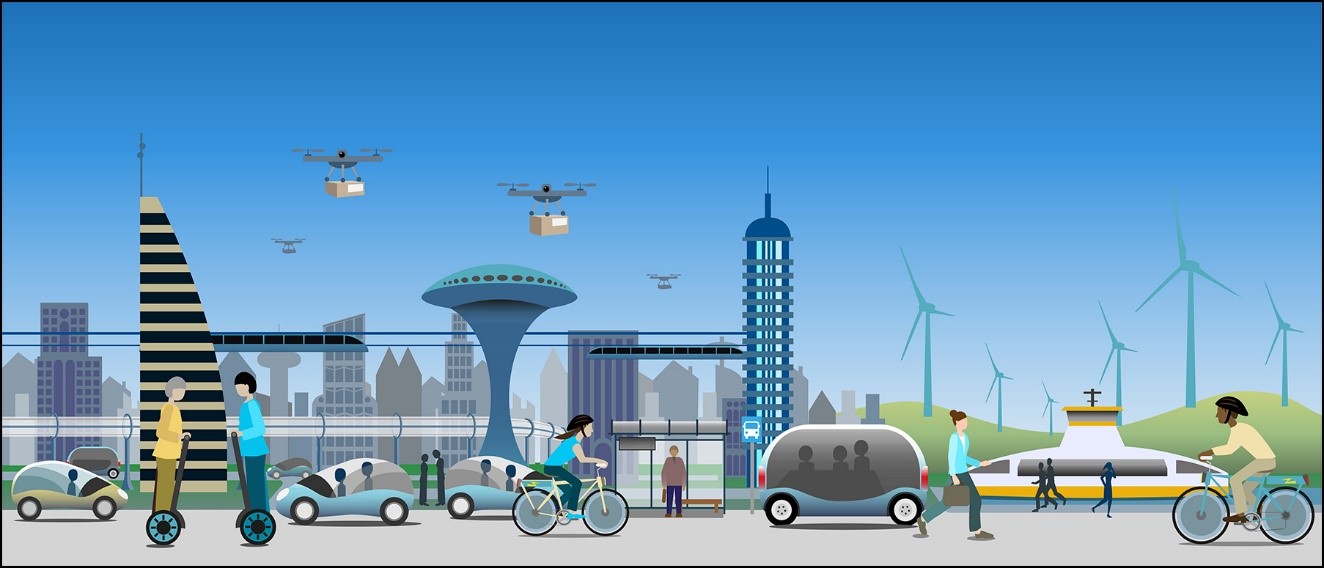Lead story
ANEC General Assembly marks #ANEC25
The ANEC General Assembly held its annual meeting online on 10 December 2020.
Key items for discussion were the development of the ANEC Strategy 2030 and provisions of the new ANEC Statutes. Members also confirmed the resolutions taken by correspondence in the summer, in line with the Belgian Royal Decree of 9 April on measures able to be taken due to the impact of the COVID-19 pandemic.
The pandemic spoiled plans for a more public celebration of ANEC’s 25th anniversary year. ANEC Secretary-General, Stephen Russell, hoped the anniversary could still be marked with an event in 2021 linked to the adoption of the Strategy 2030. However, it was still too early to assess when physical meetings could be resumed.
Nevertheless, members welcomed a premiere of a video marking some of ANEC’s successes over its 25 years. In paying tribute to the tireless contribution of ANEC’s volunteer experts in raising standards for consumers during a quarter-of-a-century, ANEC President, Dermott Jewell, noted that a film capturing all of the association’s achievements would need to be of epic length. The President ended his thanks by stressing his pride in leading an association that had made the lives of so many European consumers both safer and better.
To watch the video celebrating #ANEC25, please go to https://bit.ly/39Jycde.

Horizontal
Evaluation of the NLF
In December 2020, ANEC published a position paper on the evaluation of the New Legislative Framework (NLF).
The paper is a response to the EC Roadmap Consultation which was open until 2 December. It reflects our positions on cybersecurity/AI, accreditation and conformity assessment, and CE marking.
The paper can be read at https://bit.ly/39Mvsff.
EC AUWP 2021
Shortly before Christmas, the EC published the Annual Union Work Programme (AUWP) for European Standardisation 2021 (https://bit.ly/3oXH5Gx). It identifies European standards and European standardisation deliverables that the EC intends to request during the year.
In the summer of 2020, ANEC contributed to setting the new standardisation priorities. We are pleased to see that several of our proposals have been reflected, with the new priorities covering consumer-relevant issues such as AI, childcare articles, on-line platforms, lifts and e-vehicles. Our position paper can be read at https://bit.ly/2M1TOJx.
The EC also published a mapping of activities of the European Standardisation Organisations that support industrial ecosystems (https://bit.ly/2M1TWbZ).
Face-coverings
Following the adoption in June 2020 of CWA 17553 ‘Community face coverings - Guide to minimum requirements, methods of testing & use’, ANEC welcomes the establishment of WG38 under CEN TC 248 ‘Textiles’ to transform the CWA into a CEN Technical Specification.
Due to the urgent need caused by the COVID-19 pandemic, CWA 17553 was drafted in just over three weeks. ANEC made its expertise available at the request of the Workshop, with our expert asked to advise on issues including the age limits for use of masks by children, and information to consumers.
Although we appreciated the urgency behind the publication of the CWA, ANEC called for transformation of the CWA into a formal European standard, featuring a broader consensus, as quickly as possible.
The kick-off meeting of CEN TC 248 WG38 was held on 8 December 2020. We look forward to helping with the further development of the specification, and to make sure it serves the needs of all consumers. These include people with hearing disabilities for whom transparent face-coverings are essential in helping them lipread.

CEN-CENELEC Work Programme 2021
The newly- published CEN/CENELEC Work Programme 2021 not only focuses on the current and upcoming activities in each sector, but also announces the upcoming implementation of their new Strategy 2030. Driven by the digital and green transition, the new Strategy lays out the vision and mission, including the strategic goals for CEN and CENELEC for the new decade. We look forward to contributing on behalf of the collective consumer interest.
The Work Programme can be read at https://bit.ly/3pAbH0M.

Child Safety
ANEC Technical Study published
Trampolining is much enjoyed by children and adults, from a range of age groups and skill levels. In the past two decades, the use of trampolines in leisure and recreational activities has greatly increased worldwide. Despite several health benefits, trampolines are a common source of paediatric injury. ANEC commissioned a Technical Study to assess the dimension and characteristics of the problem and risk factors behind injuries, and to undertake a gap-analysis of the existing standards for trampolines and trampoline parks. The Study is now published (https://bit.ly/2M2rA18).
The study was done by the Faculty of Human Kinetics of the University of Lisbon, together with APSI, the Portuguese Association for Child Safety Promotion.

Sustainability
EU legal framework for FCM
It has been known for a long time that the current regulatory framework for Food Contact Materials (FCM) is deficient and puts consumers at risk. Harmonised rules (particularly for plastics) are incomplete and outdated; implementing measures for most other materials are missing. Ahead of the planned revision of the legislation, we have published a position that offers not only a critical review to date, but an alternative for the future.
The paper can be read at https://bit.ly/3iy5ksa.
We believe the prevailing system of industry self-control in the field of FCM has failed and must be much reduced, while assessments by national authorities and the European Food Safety Authority – both independent of industry - must be considerably reinforced.
The alternative approach we promote seeks a radical reduction of substances and materials, and the elimination of substances of (high) concern from all FCM. We ask for the pre-market authorisation of substances and materials, with an expiry date for authorisations. The costs of authorisations, renewals and market surveillance need to be met by industry.
We are pleased our paper gained media attention in the New Year, being cited by Chemical Watch (https://bit.ly/2Y1JcgA) and the Food Packaging Forum (http://bit.ly/3qGsuiW).
We shall contribute to the EC assessment roadmap (http://bit.ly/3phIXK4) on the revision of the EU rules on FCM which is open for public consultation until 29 January 2021.

ANEC wins on water quality. . .

We welcome adoption of the Directive (EU) 2020/2184 on the quality of water intended for human consumption (recast), alias the Drinking Water Directive (http://bit.ly/2XZctZp).
After publication in the OJEU on 16 December 2020, the directive entered into force in early January 2021, with Member States having two years to transpose it. The improvements in the Directive reflect our contributions of recent years, especially on the safety of materials in contact with drinking water and addressing emerging pollutants (http://bit.ly/3o4ujEP).
We applaud the directive in its ambition to provide better protection of consumers’ health and the environment.
. . . and a step towards safer tattoo inks
The EC has adopted the REACH restriction on tattooing inks and permanent make-up.
We find the provisions of the restriction to be satisfactory overall. As we recommended in our paper (https://bit.ly/2LIOriP), Restriction Option 2 was rejected and bans are introduced on the basis of hazard classifications. The new restriction bans more than 1.600 substances disallowed in the Cosmetics Regulation in Annex II.
On the downside, there are several serious gaps regarding allergens and preservatives, and positive lists are excluded. It has been a long journey and the new rules will be applicable from only January 2022. Nevertheless, we welcome the action now taken to reduce adverse health effects of tattoos and permanent make up.

Ecodesign
Standards on material efficiency
CLC/TC 59X/WG23, ‘Material efficiency of household and similar electrical appliances’, aims to facilitate material efficient products in the market as they are one of the building blocks of a circular economy, contributing to the reduction of CO2 emissions.
ANEC continues to be involved in this work, as the ease with which an appliance can be repaired or reused, and the ways in which durability, reliability & recycled content can be assessed concerns consumers. Consequently, checking the approach of European standards in assessing these elements is an essential precursor to the development of product-specific standards. Such work will prove key in supporting the ambitions of the EU Green Deal.

Traffic & mobility
Smart & safe mobility in the context of EU standards
We are pleased to publish the first position paper prepared by the ANEC Smart Mobility & Sustainable Transport Project Team (http://bit.ly/3o6HhBM).
As an introduction, the transition to smart and sustainable transport and mobility is as much about environmental action as it is about equity and social justice. Fulfilling this potential needs action by different levels of government, as well as by public and private partnerships that revolve around passenger and freight transport systems, and behavioural changes in the modes of mobility chosen by consumers.
The paper provides key recommendations from ANEC on topics including physical safety of vehicles, infrastructure surrounding the vehicle, data communication, and cybersecurity.

| List of meetings 2021 |
For comments or if you wish to write an article for the ANEC Newsletter, please contact: Marijana ANTAROROVA (This email address is being protected from spambots. You need JavaScript enabled to view it.).


